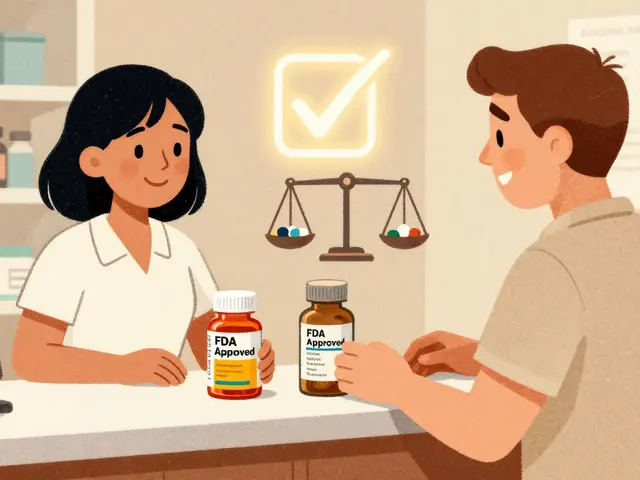Autoimmune disorders: what to watch for and how to manage them
Autoimmune disorders happen when your immune system attacks healthy tissue. That can mean joint pain, fatigue, rashes, digestion problems, or breathing trouble — sometimes all at once. Early signs are often vague, so if you’ve had unexplained symptoms for weeks, push for tests: blood markers, imaging, or a specialist referral.
Treatment and meds: what to expect
Treatment usually balances two goals: reduce inflammation and control the immune response. That might mean short courses of steroids for flares or longer-term immunosuppressants and biologics to keep things stable. Side effects matter — infections, weight changes, mood swings — so follow blood tests and clinic visits on schedule.
Never stop or change doses on your own. Talk with your rheumatologist or specialist before switching therapies. If you read about a drug online and feel it might help, bring that article to your appointment rather than self-medicating. Our site has practical posts about specific meds and safe purchasing — useful if your doctor says a particular prescription is right for you.
Practical tips: everyday life and safe meds
Small daily choices add up. Aim for steady sleep, low-GI carbs if blood sugar is a concern, gentle strength work to protect joints, and stress tools like short breathing breaks. If fatigue is a big issue, split tasks across the day and prioritize the essentials.
When you need prescriptions, use regulated pharmacies and keep your prescription records. There are many guides here on Medipond about buying meds online safely — from checking pharmacy credentials to avoiding suspiciously cheap offers. If a site asks for no prescription for a prescription-only drug, walk away. For steroid-based or immunosuppressant drugs, getting them without a valid prescription risks your health.
Vaccination and infection control: some autoimmune treatments raise infection risk. Check with your doctor which vaccines to get before starting therapy. If you catch a cold or flu, early treatment matters; our antiviral comparisons explain options like baloxavir and oseltamivir for flu, and when to call your clinician.
Track your symptoms. A simple diary of pain, energy, sleep, and medication side effects makes clinic visits far more useful. Bring recent lab results and any pharmacy receipts if you’re using a new supplier — that saves time and prevents mistakes.
Finally, use trusted resources. Read patient-friendly drug guides here for basics, and our reviews of online pharmacies to learn how to order medications safely when your doctor prescribes them. If something feels off — a weird side effect, sudden fever, or new breathing trouble — contact your care team right away. Quick action often prevents small problems from getting serious.









